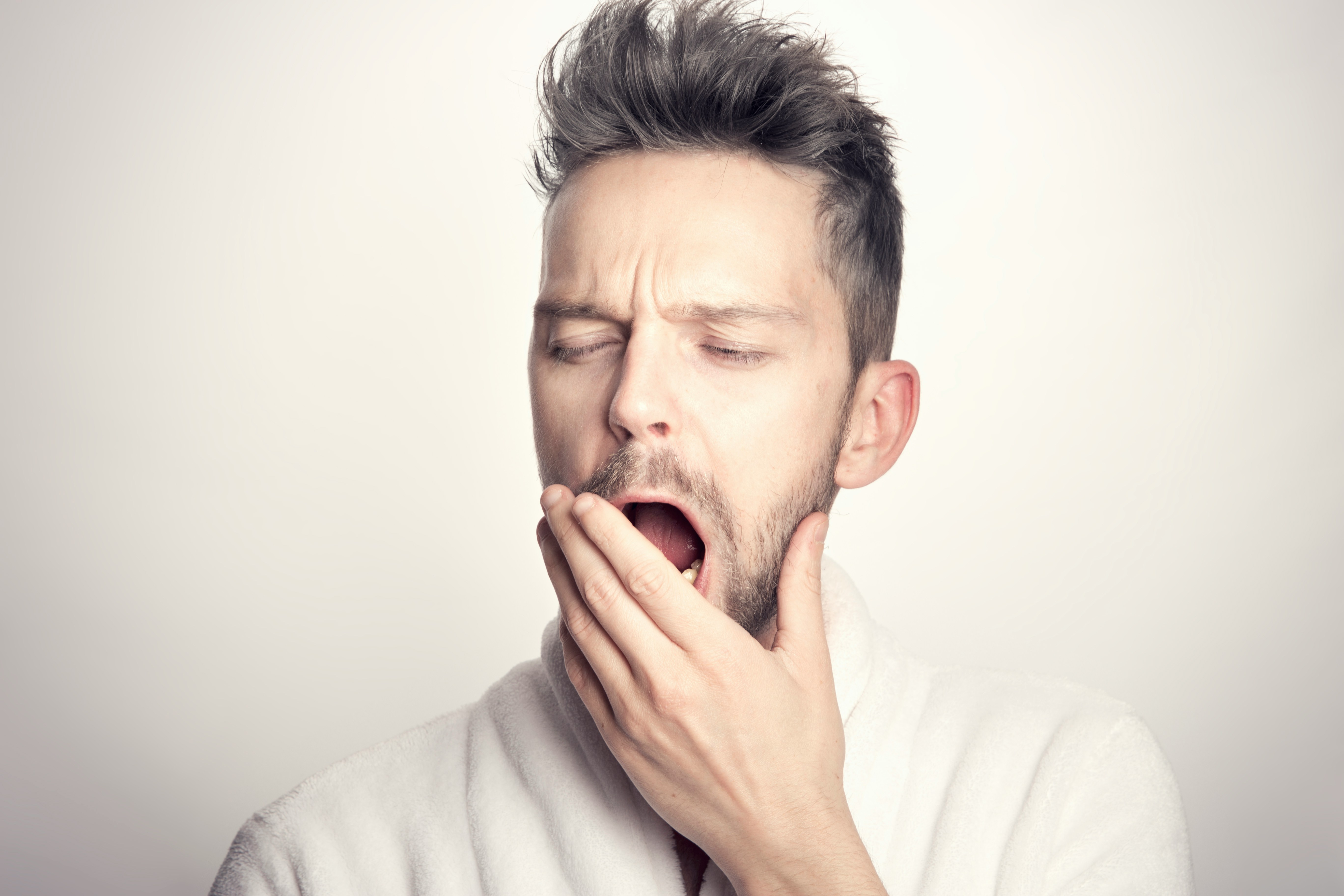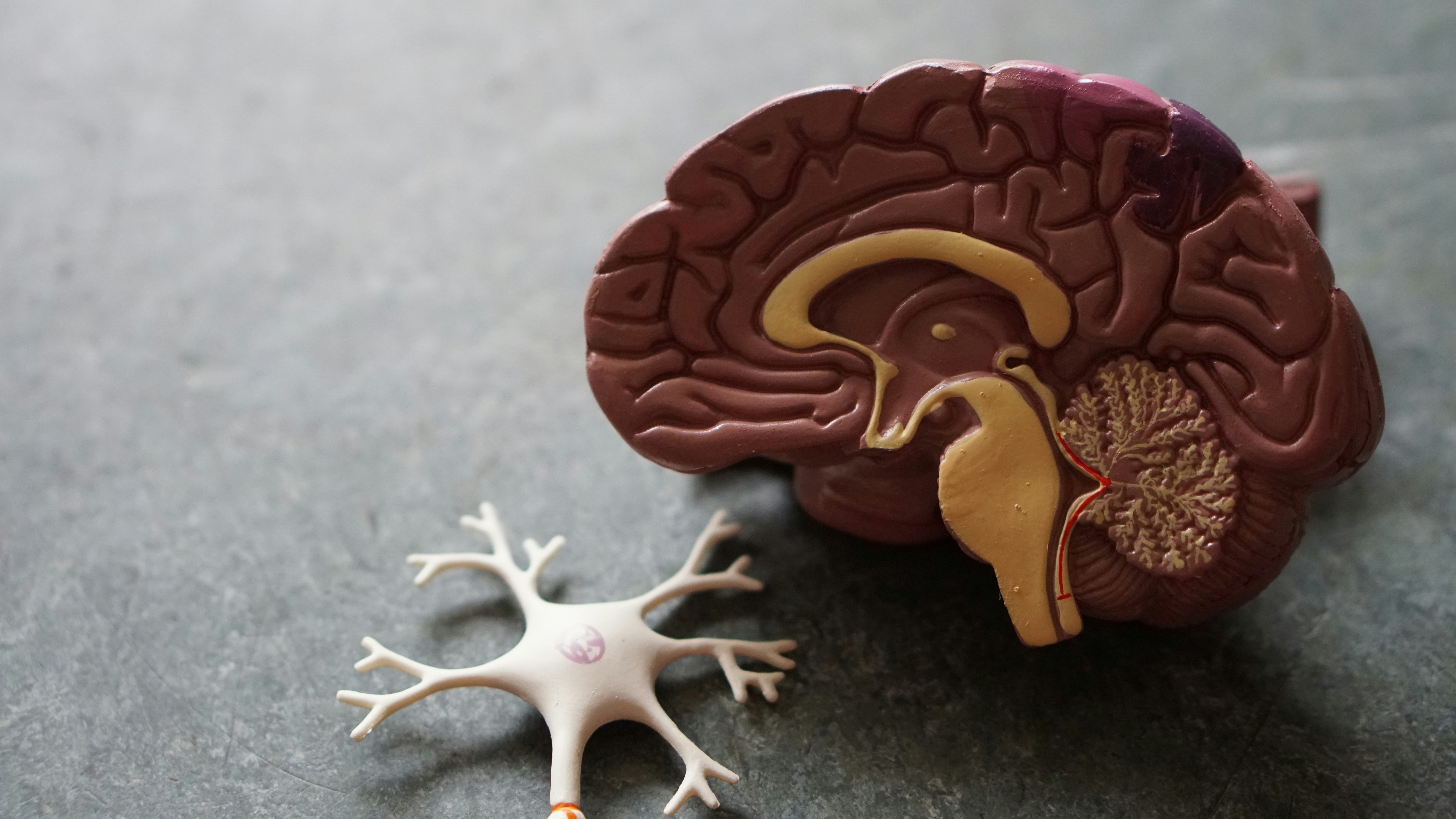
Top 10 Anxiety Causes
Have you ever felt the enormity of anxiety crushing your shoulders and wondered just where it came from?
Let's first address what anxiety is:
Anxiety is intense, excessive and persistent worry and fear about everyday situations
We explore the top 10 causes of anxiety currently known:
(in no particular order)
1. Stress
2. Hormones
3. Trauma
4. Lack of Sleep
5. Poor Gut Health
6. Lack of Exercise
7. Other Mental Health Issues
8. Exhaustion
9. Vagus Nerve
10. Financial Problems
Let's look into them all a little further:

Stress
This is the one that most people understand is linked to anxiety, but what is 'stress'? Stress is defined as a state of worry or mental tension caused by a difficult situation. It can be psychological, physiological, or biological. It is a natural human response, designed to get us to change our situation, unfortunately in the modern world we've become so used to the feeling that we don't always act on that change straight away and so stress can build up to an unhealthy level causing other issues.

Hormonal Changes
As both the male and female body goes through different hormonal changes at different times of their lives, this actually puts the body into a state of stress as it makes changes. It you are living a healthy lifestyle, it is hoped that you can manage these changes, yet if you aren't then it could tip your physiological body into a place that sets of a chain of events that leads to an increase in anxiety.

Trauma
When a big and devastating life event occurs, it makes changes throughout the body. The way that we process the event into a memory has a large impact on whether it not it will come back in the form of PTSD or anxiety. If we are able to reconcile the events then we are less likely to have ongoing issues, but like most trauma it is such a confusing and shocking time that our brain doesn't always know what to do with it.

Lack of Sleep
When we slowly sleep less and less, we may not notice the impact that it's having on our everyday lives as the changes appear minimal until you stack them altogether and then see that it's actually quite a large change that's been made. A lack of sleep can lead to an increase in cortisol in the body which can then lead to anxiety.

Poor Gut Health
A troubled intestine will send signals to the brain to make changes and in turn can lead to stress and anxiety. The gastrointestinal tract and the brain are closely connected. It can be a never-ending negative circle as the gut can make you anxious which then sends signals to the gut which makes it more upset, which then sends signals to the brain and then the gut and then the brain etc. etc.

Lack of Exercise
When we live a sedentary lifestyle - going from bed to kitchen chair, to car, to office chair, to car to couch - on a daily basis, we aren't giving our body the opportunity to move and release stored excess energy, improve cardiovascular health, keep our bowels regular and healthy or boost our mental health. Even light exercise and movements can have a positive effect on your body and mind. If you can take the stairs instead of the elevator or fit in a walk around the block or a 10 minute home workout, you will reap the benefits as it releases 'feel good' chemicals like endorphins and serotonin.

Other Mental Health Issues
There is a link between depression and anxiety. Sometimes someone will start with depression and as it goes on it will add in the anxiety element as worries start to become excessive with deep despair. Or sometimes someone will start with anxiety and as it effects their quality or live it can lead into stress and depression. Also, a traumatic event may trigger both at once.

Exhaustion
Fatigue, burnout, midlife crisis, these are all terms that are used to explain when your body reaches a level of exhaustion, when the stress has become so high that the body simply needs to sleep more and rest to repair itself, even after mild activities. Anxiety can cause a new level of exhaustion because of the way it works means that it uses up a lot of energy in the process of worry and the chemical combinations required which leads to even more tiredness. Fatigue can also lead to anxiety as you might find that it starts to keep you away from regular activities which will start to make you worry and then the anxiety kicks in.

Vagus Nerve
When the vagus nerve becomes overactive, it will lead to excessive stress and anxiety. The vagus nerve is the main nerve of the parasympathetic nervous system and it's role is to control digestion, heart rate and the immune system and it happens involuntarily. When it becomes irritated or overstimulated it sends the messages through the body in unhealthy patterns. It can be calmed back to it's original programming after times of extreme stress with many different forms of breathwork, singing and calming vitamins.

Financial Problems
Considering that your personal finances reflect your day-to-day living, if you ever feel like you don't have enough money then you are going to put yourself under stress and the more you worry, the more likely it is to form a habit, become worse and turn into anxiety. Everyone at some point in their lives will worry about money, it's whether or not it's a daily worry or an occasional worry as to whether it causes an issue.
Hopefully once you are aware of the causes, you can take action to make the necessary changes in your life to ease the impact of anxiety in your life.
If you have ever experienced anxiety and would like to help others by becoming a case study for the upcoming book, Anxiety Decoded, we would love to have you on board. Please complete the questionnaire below and I'll be in contact soon. Thank you in advance.

